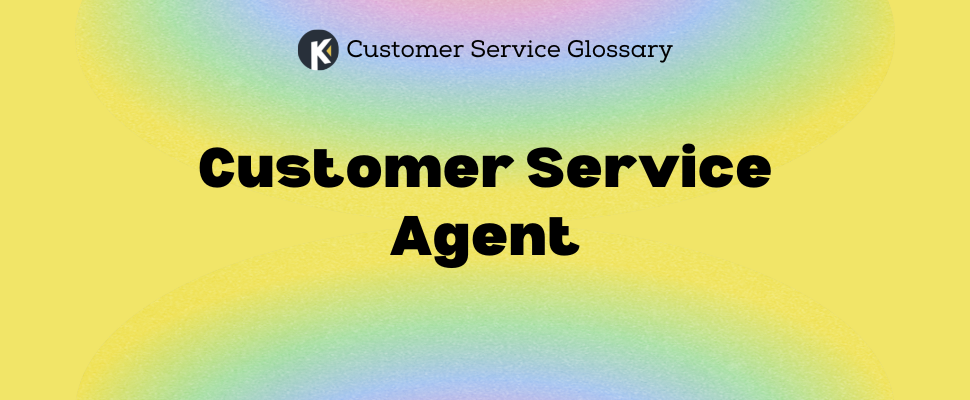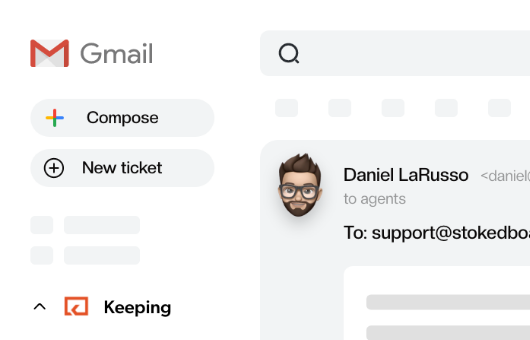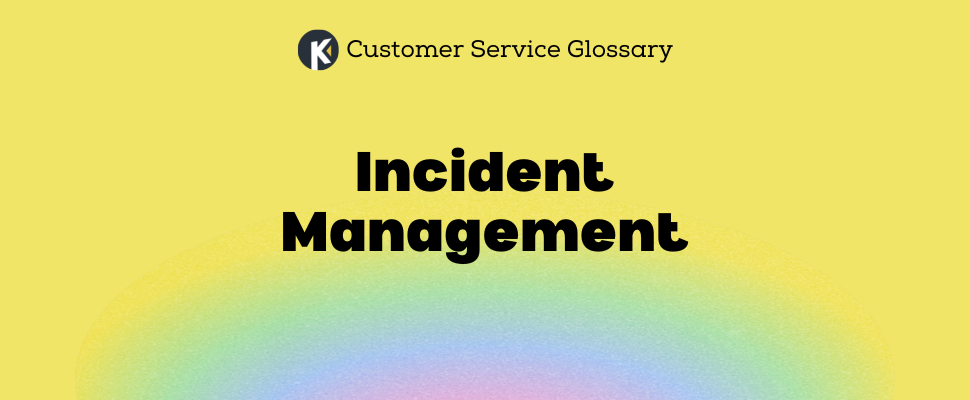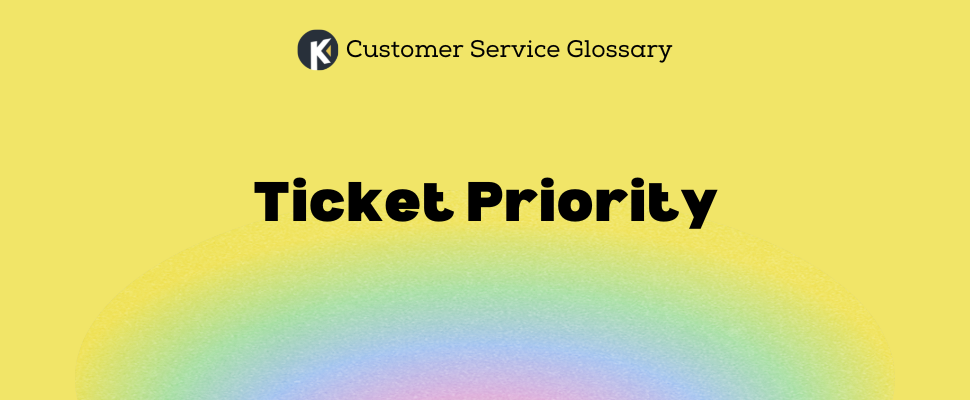
What is a Customer Service Agent?
Customer support agents are typically tasked with providing technical support to customers using software and hardware products primarily. They can be thought of as a subset of customer service, since they provide a service to your customers but are more specialized.
Taking care of customers is a priority for most businesses that want to be successful and generate more revenue. Studies have shown that retaining existing customers is cheaper than acquiring new customers, and loyal customers are your most important source of income.
That’s why businesses want to pay attention to their frontline employees who actively deal with their customers on a day-to-day basis. These include customer service agents, customer support agents, and customer care agents. But what is the difference between all these terms?
Surely customer service and customer support are the same thing? Well, think again. There are some crucial differences that you’ll need to learn if you’re going to be effective at hiring agents to help your customers, and to adequately structure your customer-facing teams.
Offering customer service, support and care is part of the promise that your business makes to customers after completing a sale. You commit to ensuring that customers will be successful with your products or services, and that any problems will be dealt with in a swift and efficient manner.
If businesses don’t strive to help their customers be successful, you’ll soon find yourself losing customers to your competitors.
What is a customer service agent?
Customer service agents are responsible for the end-to-end experience that customers have with your company’s products, services, and brand. Anytime a customer has a question or a problem, they will contact your customer service agents looking for help. The customer service agent may then answer customer questions, process orders, resolve customer issues or refer the queries to another tier of support.
Virtually all businesses have a customer service department that is trained in offering assistance to its customers.
Customer service agents are likely to be trained in helping customers to choose the right products or resolving customer complaints. They are typically skilled in empathy, active listening, communication, conflict resolution and more soft skills, and also have good general product knowledge that helps them diagnose problems and recommend upsells or cross-sells.
They are required to deal with all manner of enquiries that come in from customers, as they are the human face of the business. They will be there to provide help to your customers before, during and after the sale, and reactively deal with issues and proactively prevent future problems.
Example: A customer comes into a restaurant and the server is responsible for greeting the customer, seating them at a table, taking their order, serving their food, and bringing the bill. All of these activities are part of customer service.
What is a customer support agent?
Customer support agents are typically tasked with providing technical support to customers using software and hardware products primarily. Customer support can be thought of as a subset of customer service, since they provide a service to your customers but are more specialized.
They are concerned with troubleshooting, diagnosing, installing, maintaining, upgrading and disposing of your product. You’ll typically find customer support agents working in SaaS and IT companies and other tech-focused businesses.
As a result, not all businesses have customer support departments because not all products and services require technical support.
Customer support agents must have deeply technical product knowledge to enable them to support customers who are having problems. They are frequently required to collaborate with product and engineering teams to offer the best experience for customers, and effectively resolve problems.
Customer support agents will be called upon to help customers in specific incidents when they are experiencing technical issues. It’s likely that customers will first come into contact with a customer service agent who then escalates the issue onto support.
Example: A customer experiences a problem with their CRM software where their contacts are not loading. They get in touch with customer support who logs into their account, diagnoses the problem, and escalates the issue to the engineering team.
What is a customer care agent?
Customer care is focused on building relationships with your customers. Customer care agents are tasked with creating an emotional connection with your customers and listening to their unique needs. It typically goes one step beyond customer support and customer service because it is actively concerned with establishing a rapport with customers.
Customer care agents are focused on providing genuinely memorable moments that earn brand loyalty and ensure that the customer continues to shop with the brand for years to come.
Customer care means going out of your way to help customers, even if the customer’s need isn’t directly related to the goals of your business.
Example: A customer buys your product and finds it’s not suitable for their needs. Your customer care agent goes out of their way to source an alternative product from another company and recommends it to the customer.
Customer service vs customer support vs customer care: what’s the difference?
The main difference between customer service and customer support is that customer service is proactive and reactive, while customer support is only reactive. A customer will contact the company with a technical problem and the agent will try to solve it, whilst customer service agents must think about the entire customer journey.
Customer support agents require specialized technical skills to be able to support customers with problems with the product, while customer service agents are more generalized and focus more on soft skills. Customer support agents do require some soft skills, but these are often considered secondary to the hard skills.
Customer support agents will typically deal with customers in a single customer interaction, while customer service agents focus more on the big picture and invest in an ongoing relationship with the customer. Customer care agents go one step further by thinking deeply about the overall customer experience the customer has with your brand, engaging in as many customer interactions as it takes to provide a positive experience.
Ultimately, there are many similarities between these three types of customer-facing agents, and all are deeply invested in helping customers.
What does a customer service agent job description look like?
Here’s an example of a typical customer service agent job description that hiring managers can draw from when advertising customer service jobs:
What’s the role?
We are an established investment and financial services firm, seeking to hire a Customer Service Agent who can support the transformation and the accelerated growth of the business within the Customer Services function. We will achieve this by building on our service reputation, and continuing to deliver industry-leading service quality for our customers and associates.
Location: New York (5 days per week)
Rate: $150 per day
Work Hours: Standard business hours
Start Dates: ASAP
Duration: 3-month contract with the potential for an extension
Your day-to-day activities
Our Customer Service Agent will assume responsibility for the complete process of tasks carried out in customer service. The right candidate will guarantee that their own knowledge of all products and regulatory environment is accurate and compliance standards are met.
You will update and maintain accurate company records to ensure legislative, customer and company requirements are met.
You will respond to incoming telephone enquiries that relate to the full product range, provide resolutions and fully document how they were dealt with. You will ensure that all communications are handled accurately and choose the most appropriate method of communication.
You will build relationships with advisers and other business areas, working cooperatively to help our customers.
You will look into and resolve customer complaints and queries, in accordance with the regulatory complaints procedure. In addition to this, you’ll investigate and address the root causes of any customer complaints, eliminating the underlying issue and taking into account the needs of the customer, the business and regulator.
Skills & Experience required:
- Have earned a High School Diploma.
- Have achieved the Award in Financial Administration or have a desire to complete this qualification.
- Highly conscientious and precise in the accuracy of your work, with thorough attention to detail.
- Extensive experience in customer service with a positive, proactive attitude.
- Advanced written and verbal communication abilities.
- Thrives in a fast-paced, ever-changing culture and confident in working under pressure.
- Intermediate knowledge and experience of MS Office.
Wrapping up
When building your customer-facing departments, it’s important to pay attention to the terms that you use so you can accurately designate responsibilities. Customer service can be thought of as the overall umbrella team for your frontline staff, while customer support and customer care are important subsets of customer service.
Ultimately, the buck stops with your customer service staff when it comes to ensuring customers are happy and likely to continue buying from your business.
Customer support, customer service, and customer care are all responsible for continuing to provide assistance to customers and ensuring they have a good experience with your brand. It’s important to continuously develop customer service skills within your team in order to keep exceeding the expectations of your customers.
Join 150+ teams that are sharing inboxes with us
The easiest way to upgrade your shared Gmail account. There’s no credit card is required.






